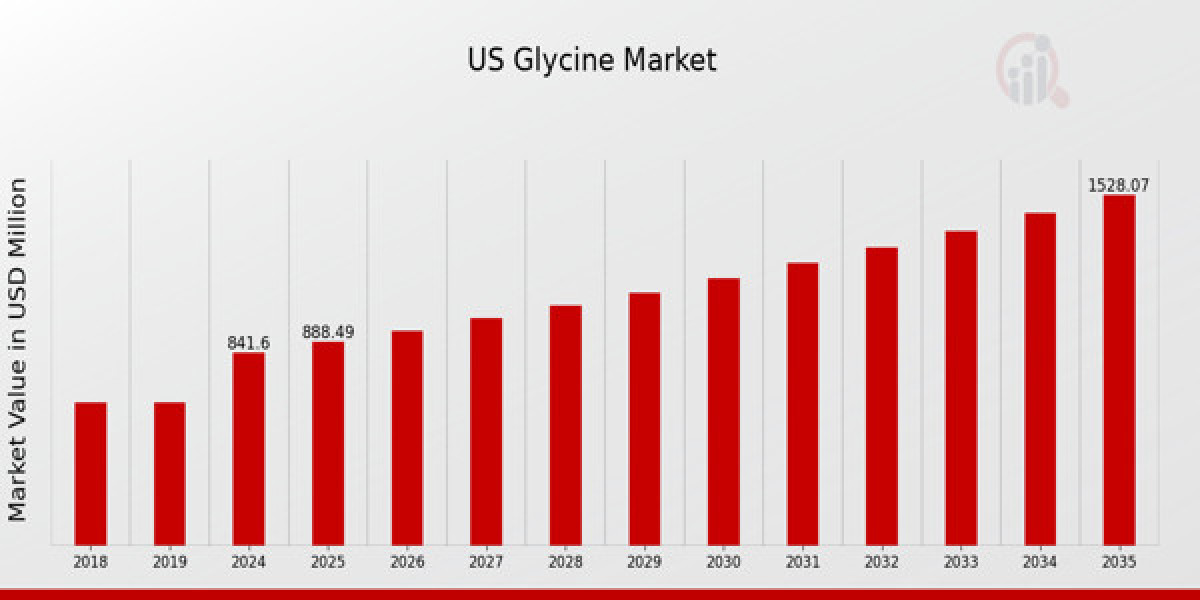Investing in rental properties has long been a reliable way to build wealth and create passive income. In 2025, with evolving markets, new technologies, and shifting demographics, it’s more important than ever to understand how to approach real estate investment smartly.
Whether you're a first-time investor or looking to grow your portfolio, this guide breaks down the essentials of investing in rental properties in 2025.
Why Rental Properties Still Make Sense in 2025
Even with market fluctuations, rental properties remain a solid investment. Here's why:
Steady Income: Rental properties provide consistent monthly cash flow.
Appreciation: Over time, property values tend to increase.
Tax Advantages: You can deduct expenses like mortgage interest, property taxes, repairs, and depreciation.
Tangible Asset: Unlike stocks, real estate is a physical asset that provides housing—a constant demand.
Step 1: Understand Your Investment Goals
Before jumping in, clarify your investment goals. Are you looking for:
Monthly cash flow?
Long-term appreciation?
A combination of both?
Understanding your goals will help shape your strategy, property type, and location choices.
Step 2: Study the 2025 Market Trends
Real estate trends change with time. In 2025, consider the following factors:
Rising Interest Rates: Mortgage rates have risen compared to previous years. Focus on deals with strong cash flow to offset higher borrowing costs.
Urban-to-Suburban Shift: Many renters prefer suburban areas with more space and remote work flexibility.
Short-Term Rental Regulations: If you're eyeing Airbnb-style rentals, check local laws first.
Technology Integration: Smart homes and energy-efficient buildings are increasingly attractive to renters.
Step 3: Choose the Right Location
Location is still everything. Look for:
Growing job markets
Low crime rates
Good school districts
Strong rental demand
Affordable property taxes
In 2025, mid-sized cities with growing tech hubs or college towns are particularly promising.
Step 4: Decide on the Type of Property
There are several types of rental properties:
Single-Family Homes: Great for beginners. Easier to manage and attract long-term tenants.
Duplexes/Triplexes: Offer multiple streams of income from one location.
Multi-Family Units: Higher returns but require more experience and management.
Vacation Rentals: High profit potential but higher risk and regulations.
Choose the type that matches your experience, risk tolerance, and time commitment.
Step 5: Secure Financing
In 2025, you have more financing options than ever:
Conventional Loans: Standard option for most investors.
FHA Loans: For those living in one unit of a multi-family property.
Private Lenders: Great if you don’t meet traditional criteria.
Real Estate Crowdfunding: Invest with smaller amounts and less risk.
Always shop around for the best mortgage rates and terms.
Step 6: Run the Numbers
Never buy a property without analyzing its potential return. Calculate:
Gross Rental Income
Operating Expenses (maintenance, insurance, property taxes, etc.)
Net Operating Income (NOI)
Cash Flow (income minus expenses and mortgage)
Cap Rate and Cash-on-Cash Return
Use tools like rental property calculators or apps like BiggerPockets or Roofstock.
Step 7: Manage Your Property (or Hire Help)
You have two main options:
Self-Management: More control, but more time-consuming.
Property Manager: Saves time, but costs 8-12% of monthly rent.
In 2025, tech tools like online rent collection and smart security make self-management easier than ever.
Step 8: Know the Legal Side
Stay compliant by:
Screening tenants carefully
Using legal lease agreements
Understanding fair housing laws
Setting clear rules on rent, pets, maintenance, etc.
If you're unsure, consult a real estate attorney.
Step 9: Monitor and Grow
Once your first rental is performing well:
Reinvest profits into more properties
Use equity from one property to buy another (via refinancing)
Diversify across different neighborhoods or property types
Rental property investing is a long-term game. Be patient and strategic.
Final Thoughts
Investing in rental properties in 2025 can be a powerful step toward financial freedom. With careful planning, research, and the right mindset, you can create lasting wealth and enjoy the benefits of passive income.
Start small, stay informed, and grow steadily. The rental market is still full of opportunities—if you know where to look.
Important Links
Which District Is Best for Investment in Singapore
Buying Property as a Foreigner in Singapore
Eco‑Friendly Condos in Singapore
Why Choose Condos with High Rental Demand in Singapore
Expat-Friendly Neighbourhoods in Singapore
Boulevard Coast Jalan Loyang Besar EC







